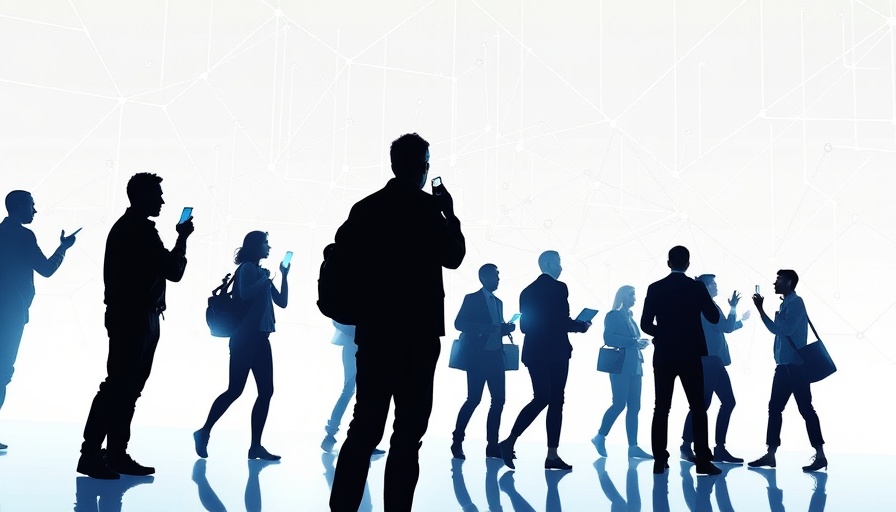
AI Companies: How They’re Redefining Work in Austin
Austin, a city known for its vibrant culture and creative spirit, is facing a new era in employment as artificial intelligence companies reshape job roles and economic opportunities. With many gig workers entering the age of AI-driven jobs, it's essential to understand where this evolution might lead and how it affects those who once thrived in the city's creative sectors.
Understanding the New Workforce Paradigm
Arthur, a graduate with a master’s degree in literature, found himself working in an AI role that is far from what he hoped for when entering the workforce. Instead of utilizing his creativity, he spends hours entering data - a job that feels monotonous and offers little compensation. "This used to feel like a place where creative people could make a living," he laments, reflecting a greater concern shared by many in Austin. As AI companies booming in this tech-savvy city, there’s a growing need for data workers who provide the essential outputs that train AI systems. However, the reality of their labor is less glamorous than it appears.
The Human Component in AI Development
Data plays a crucial role in the development of AI technologies, not merely in terms of quantity but also in quality. Companies are now on the hunt for individuals with specialized knowledge to provide detailed and contextual data inputs that machines can learn from. Prof. Matthew Lease from the University of Texas emphasizes that while AI systems strive for responsible output, there’s a significant gap in the conversation surrounding the well-being of the human contributors. Unlike traditional jobs with established protections, many data workers operate in unstable conditions without healthcare or secure employment, significantly impacting their quality of life.
Creative Limits Imposed by the Gig Economy
The juxtaposition of the creative industries traditionally associated with Austin and the current job market emphasizes a concerning trend. Many workers, like Arthur, are caught in roles that limit their potential, valued solely for their ability to produce high volumes of data relevant for AI training. This new structure starkly contrasts with the city's history of supporting creative pursuits. The shift reveals how essential human contributions are being commoditized, reducing the once-celebrated culture of creativity to mere data inputs.
Future Opportunities Amid Uncertainty
Looking ahead, residents and workers in Austin may need to adapt to this emerging landscape. While pursuing traditional creative roles may be increasingly difficult, understanding and embracing the technology could provide unique opportunities. Workshops and educational programs aimed at teaching skills necessary for the evolving AI industry can empower workers to navigate the competitive market. Staying connected to community events, such as outdoor festivals and concerts, can also facilitate networking opportunities that might lead to new, innovative roles as the city flowers.
Practicing Community Resilience
As the changes in the local economy unfold, Austin residents can come together to support one another. Whether through local forums discussing transport solutions and gig economy challenges or cooperating on city planning, there exists a chance to foster resilience and innovative solutions. Engaging in community discussions can also inspire the creation of new organizations dedicated to advocating for gig worker rights, ensuring that the human element remains central to the AI conversation.
Actionable Insights for Austin Residents
If you're feeling the impacts of this change, whether you're currently in gig work or exploring shifts in career paths, consider taking action! Look into local workshops that build AI-related skills or start networking through popular local venues known for their events. The future might be uncertain, yet grassroots movements and community solidarity can forge pathways to new opportunities.
The landscape of work in Austin is changing rapidly, and as residents, it’s crucial that we remain informed and proactive. Engaging with the community and continuing to nurture connections can only strengthen the city’s resilience.
 Add Row
Add Row  Add
Add 




 Add Row
Add Row  Add
Add 

Write A Comment